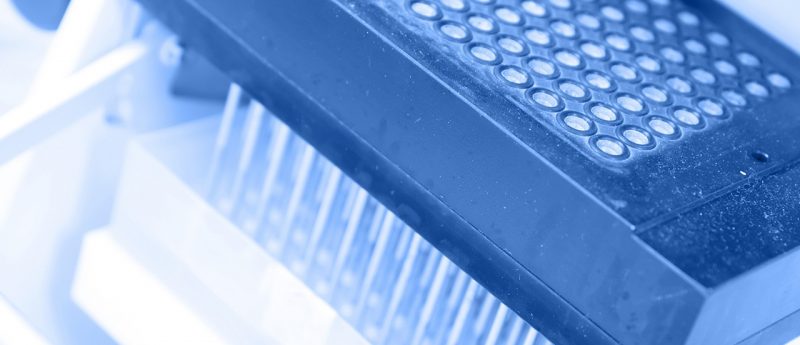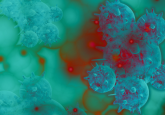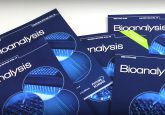Bioanalytical revelation of the month: May

 “Selectivity, over capacity, is the critical parameter when microextraction techniques are applied in the bioanalytical context to isolate a target compound from a biofluid. The importance of selectivity for a bioanalyst is clear, since bioanalysts regularly work with complex samples containing a myriad of potential interferents.
“Selectivity, over capacity, is the critical parameter when microextraction techniques are applied in the bioanalytical context to isolate a target compound from a biofluid. The importance of selectivity for a bioanalyst is clear, since bioanalysts regularly work with complex samples containing a myriad of potential interferents.
Although microextraction techniques are now used in bioanalytical laboratories, initially they were mostly applied to the analysis of environmental samples, which are, with a few exceptions, simpler matrices. In such scenarios, the sorbent capacity is an essential parameter in order to process large sample volumes and therefore to achieve high pre-concentration factors. This approach is not suitable in bioanalysis where the available sample volume is usually limited and the matrices are more complex.
Non-selective (accepting that there are different grades of selectivity) sorbents are prone to saturation by interferents, even when their capacity is high. Selective sorbents allow for the efficient extraction of target compounds, as all the capacity is focused on a specific compound or a narrow range of structurally related compounds. But, how can we improve the extraction selectivity?
On the one hand, we can design and synthesize sorbents with special cavities or functional groups that selectively interact with the targets. Among them, molecularly imprinted polymers are the most outstanding examples. However, in my humble opinion, the best way to face this challenge is by returning to nature and considering it as a synthesis laboratory with billions of years of experience. Biomolecules (such as antibodies and enzymes) present a high grade of bio-recognition that can be exploited in this field. We can also combine the latter approaches. Aptamers are a clear example of this since they are biomolecules in vitro selected to bind a specific target.”
Would like to elaborate on this issue? Let us know below or head to the forum.
If you would like to submit a bioanalytical revelation of the month email [email protected].




